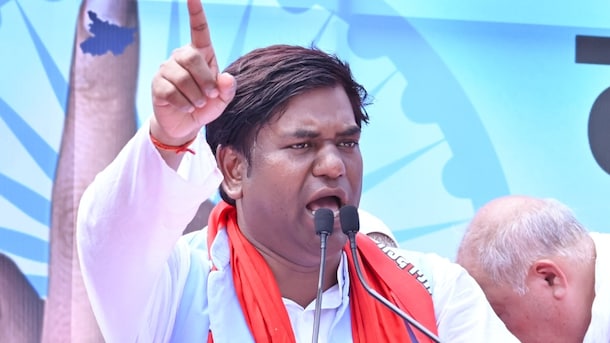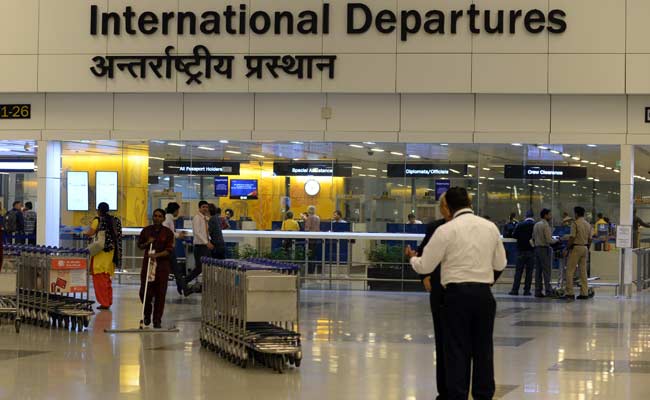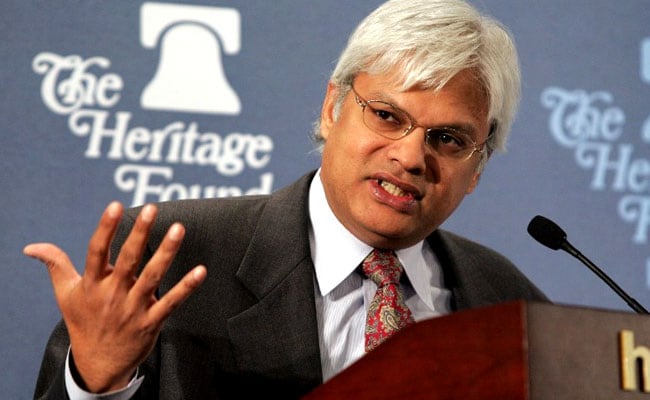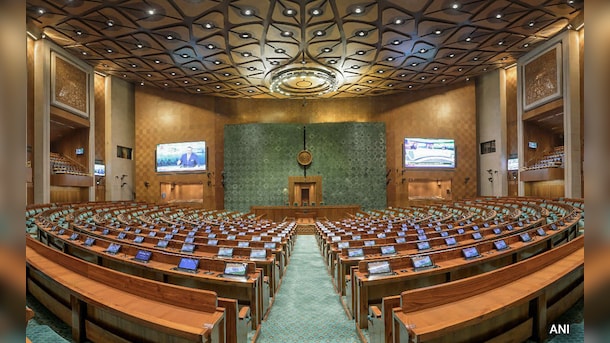Opinion | Pak's Great Game: What Rawalpindi Really Wants From Its War With Afghanistan
Get the US in and get the money for itself - that's Pakistan's single-point agenda. And it's doing everything it can to achieve this.
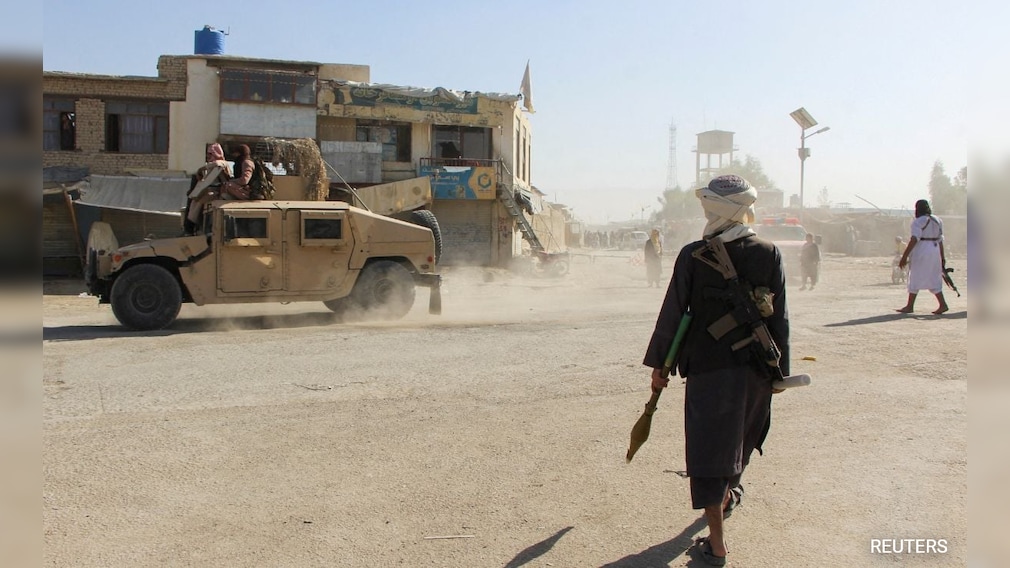
The trouble is that war-making has become almost the norm these days, what with the conflicts in Ukraine, Gaza, and now Afghanistan and Pakistan. What was possibly the first ever aerial bombing of Afghanistan by Pakistan has led to a sudden escalation of the situation into near-war condition, after decades of insurgency and sponsored terrorism. Not that those two don't continue; they do. While one side is a master of the game in the former, even defeating a superpower, the other has got so accustomed to sponsoring terror that it seems unable to stop.
It is now common knowledge that Pakistan chose to hit Kabul and Paktia on October 9, with drone attacks on the very day that Taliban's Acting Foreign Minister, Amir Khan Muttaqi, was being feted in Delhi. Since then, violence has snowballed, with Pakistan attacking via air alleged Tehrik-e-Taliban camps across the border and one such strike even killing members of a local cricket team at Urgon district. That led to Afghanistan pulling out of a tri-nation cricket series. That this happened hours after a 48-hour truce was set to expire underlines Rawalpindi's clear intent to escalate. In all fairness, however, there was also a suicide attack on the same day that killed 17 Pakistani soldiers in one fell swoop. That was claimed by the Tehrik-e-Taliban Pakistan (TTP). It is unclear which came first, but the result is that the two countries are now at war.
The Pattern Of Violence
True, that Pakistan has taken a beating. Its Centre for Research and Security Studies reports a 46% rise in violence, with the first three quarters seeing more of it than the whole of last year.
What led to this is not difficult to fathom. Pakistan's counter-terrorism tactics have followed set patterns. A faction of the Islamic State of Khorasan (IS-K) suddenly declared war on Baloch and others such as the Pashtuns and their leaders, including the charismatic and entirely non-violent Mehrang Baloch and Manzoon Pashteen, who lead the peaceful Pashtun Tahaffuz Movement (PTM). This was followed by a specific audio threat.
This is a striking shift in itself. The IS-K has been present in Balochistan for years, specifically in the Mastung and Khuzdar areas, where it had usually targeted churches and shrines, and then several Jamiat Ulema Islami (Fazlur) leaders. JUI(F) leader Fazlur Rehman has, in fact, also incurred the wrath of the army for warning repeatedly against attacking Afghanistan.
Now it seems the Pakistan army is against the Baloch. Even a schoolkid would be able to fathom that Pakistan's agencies are using the IS-K to hit the Baloch. The IS-K is also present in Khyber Pakhtunkhwa, around Peshawar and Bajaur area, and across in Nuristan and Kunar. No wonder then that Afghans hit Bahramcha, a route long used for not just insurgents but also drugs and human smugglers and the like. Pakistan, too, used a barrage of drones to hit Afghan border areas, mainly Paktia, but faced an almost equally fierce onslaught with suicide attacks on a police training school and against paramilitary forces.
A Dicey Ceasefire
On October 19, the Qatar Foreign Ministry put out a ceasefire agreement mediated also by Turkey - reportedly with its intelligence chief present too, together with defence and intelligence chiefs from warring sides. While Mullah Yakub and Minister Khwaja Asif are seen in the picture, Pakistan's intelligence Chief, Lt Gen Asim Malik attended the meet too, with presumably Abdul Haq, his Talibani counterpart. The agreement, calling for follow-up meetings to implement a ceasefire, was roundly criticised by Afghans on social media for its reference to a ‘border'.
In fact, the Afghan Deputy Defence Minister has been warning that if Afghanistan declared someone an invader by religious decree - which presumably would be done by the Amir Hibatullah - Pakistan would have no defence even till Indian borders. Pakistan's Khwaja Asif, in turn, warned all Afghans to leave the country, adding that Kabul leaders were “sitting in India's lap”.
Within this narrative of blaming Afghanistan and now India, it's important to consider that all TTP leaders, from founder Baitullah who was born in Landi Dhok in Bannu, to Hakimullah born in Jandola, Fazlullah in Swat and Noor Wali Mehsud in Tiarza, were from Pakistan, just like their cohorts. All grew from the crucible of the Afghan war and were once part of the Pakistan-backed Taliban that took over Kabul. They also sheltered the Taliban, mostly in Waziristan, which is why giving them up would be anathema to the Afghans.
The Final Message
The ironic fact is that the messaging from the Pakistan army completely copied the Indian positions as it warned of a "new normal", spoke of precision strikes only against civilians, and reserved the right - through its over-articulate defence minister - to carry this further. Field Marshal Munir also chose to give another warning of nuclear war against India for reasons unknown, at least immediately.
Some explanation for these threats may lie in US President Donald Trump's claims that it would be “easy” for him to solve the war. That needs to be examined carefully. Getting the US back into the picture has been Rawalpindi's single-point agenda for years, with a former National Security Advisor even making that plea in a prominent journal. That means not just pressure on the Taliban but also plenty of dollars for Pakistan.
Pak Will Do What It Wants
So, expect that Islamabad will do everything in its power to get Bagram for the US, even if it means escalating the war with Afghanistan to much higher levels and using much heavier conventional weapons. This is what the Pakistan army does best, even if it means a disaster for the rest of the country. The Khyber Pakhtunkhwa Chief Minister, Sohail Afridi, a stalwart of Imran Khan's party and who is from the grassroots, recently called for a 'grand jirga' so that the people of this region could decide peace for themselves. That was a message to Rawalpindi that it had done enough damage, and that it should leave the people alone. But that's not the army's way. It dislikes anyone doing anything on their own, however beneficial. It will, therefore, retain its sole agenda: get the US in and get the money for itself. Others can - sometimes quite literally - burn in hell.
(Dr Tara Kartha is a former Director, National Security Council Secretariat)
Disclaimer: These are the personal opinions of the author
-
From 2020 To 2025: Mukesh Sahani's 25-Seat, Deputy Chief Minister Demands
Former Bollywood set man Mukesh Sahani could complete a storybook transition from the silver screen to becoming the second most powerful man in Bihar, if the Mahagathbadhan wins the 2025 Assembly election.
-
Explained: 350 vs 1,100, CPCB vs IQAir, Who Has Got Delhi's AQI Right
Both CPCB and IQAir follow different methods of calculating air quality index, resulting in different numbers.
-
Opinion | Indians Are Growing Sick Of Customs Harassment - But Who Cares?
You would think that the Wintrack experience would serve as an example to customs officials and make them more careful and professional when dealing with citizens. In fact, the opposite is true.
-
Opinion | What Ashley Tellis 'Spying' Allegation Should Tell India About Chinese 'Influence Ops'
Two separate cases underscore one of the most serious challenges that open democracies are facing today in managing Chinese aggressive tactics when it comes to influence operations.
-
Opinion | Who Moved My Tech?
The business of technology has rewired the very logic of market behaviour, rewarding first movers and creation of dependencies more than even revenue and returns.
-
As India Sticks To Death By Hanging, A Look At Execution Methods Across The World
Close to three-quarters of the world, including almost all developed countries, have abolished capital punishment either in law or in practice, but 55 nations still retain and implement the death penalty.
-
Opinion | The Story Of RSS And Left: Why One Flourished, And Other Perished
Between Jyoti Basu's lost opportunity and Vajpayee's brief triumph lies the story of modern India - of one movement that adapted its faith to politics, and another that failed to adapt its politics to faith.
-
Opinion | US-China Trade War Has Turned Into A Full-Blown Siege, And India Is Stuck
Beijing's export controls, timed before diplomacy, reveal insecurity more than strength. By weaponising minerals, China has reminded the world why diversification is destiny.
-
Opinion | If Political Parties Fear POSH, The Problem Really Is Something Else
If women in India cannot be safe within the organisations that send them to Parliament and assemblies, the promise of democracy becomes hollow.
-
Opinion | Trump's Gaza Plan: Ushering "Peace for Our Time" In West Asia?
The long-elusive ceasefire is only the opening overture of a fiendishly complicated serial act. Seasoned observers of the region advise taking it with a ladleful of salt.
